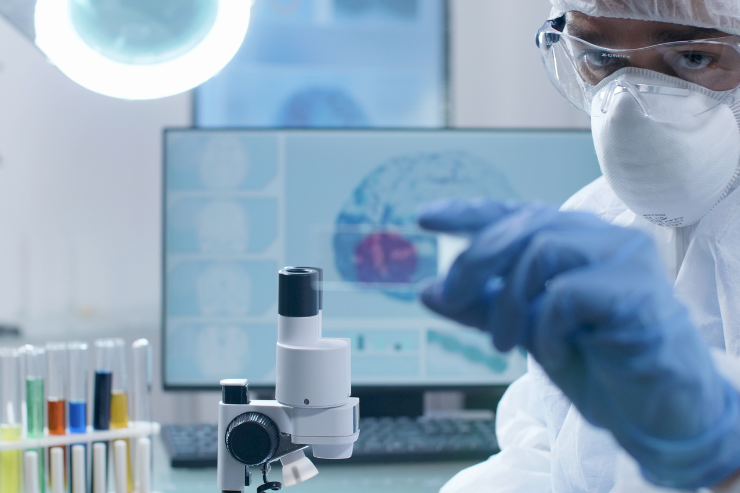- Phone : +91-9248437119
- Email : vsnmanne1970@gmail.com
- Opening Hours : 08:00AM to 09:00PM
Home > Pathology

Understanding Pathology:
Pathology is the branch of medicine that focuses on the study and diagnosis of disease through the examination of tissues, organs, bodily fluids, and autopsies. It plays a crucial role in understanding the nature of diseases, their causes, and their effects on the body. By analyzing samples under a microscope or through various diagnostic tests, pathologists help in identifying abnormalities and providing essential information that guides treatment decisions. Whether it’s detecting cancer, diagnosing infections, or managing chronic diseases, pathology ensures that patients receive accurate and timely diagnoses, which are vital for effective treatment planning and disease management.
The Importance of Pathology in Healthcare:
Pathology is integral to modern healthcare, bridging the gap between clinical practice and laboratory science. It involves a range of specialized techniques, including histology, cytology, and molecular diagnostics, to evaluate disease processes at a cellular and molecular level. The insights gained from pathological evaluations are crucial for confirming diagnoses, determining the extent and stage of diseases, and monitoring treatment responses. Additionally, pathology helps in preventive care by identifying genetic predispositions and early signs of disease, enabling timely interventions. Ultimately, pathology supports personalized medicine by providing detailed insights that tailor treatment strategies to individual patient needs, improving overall health outcomes.